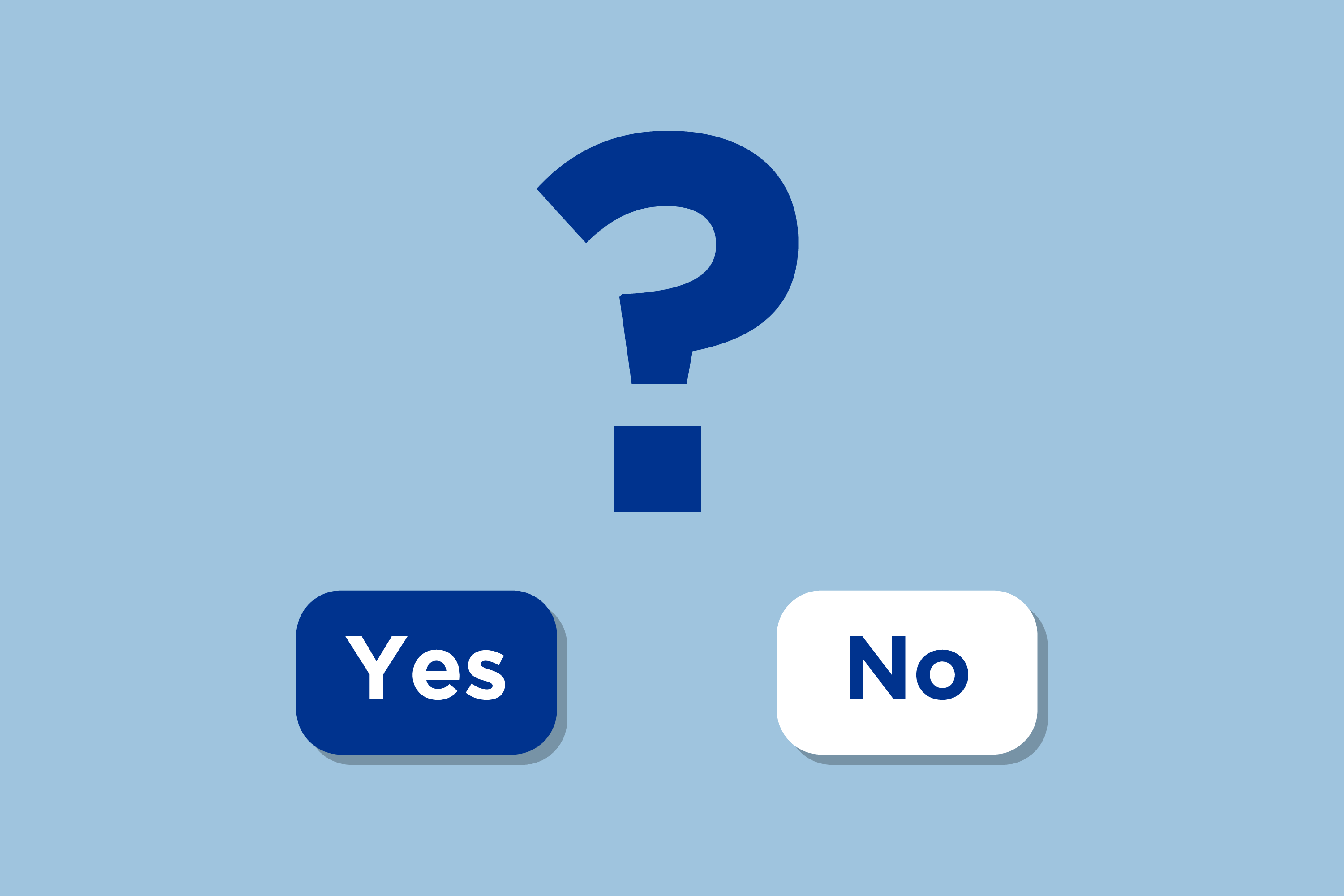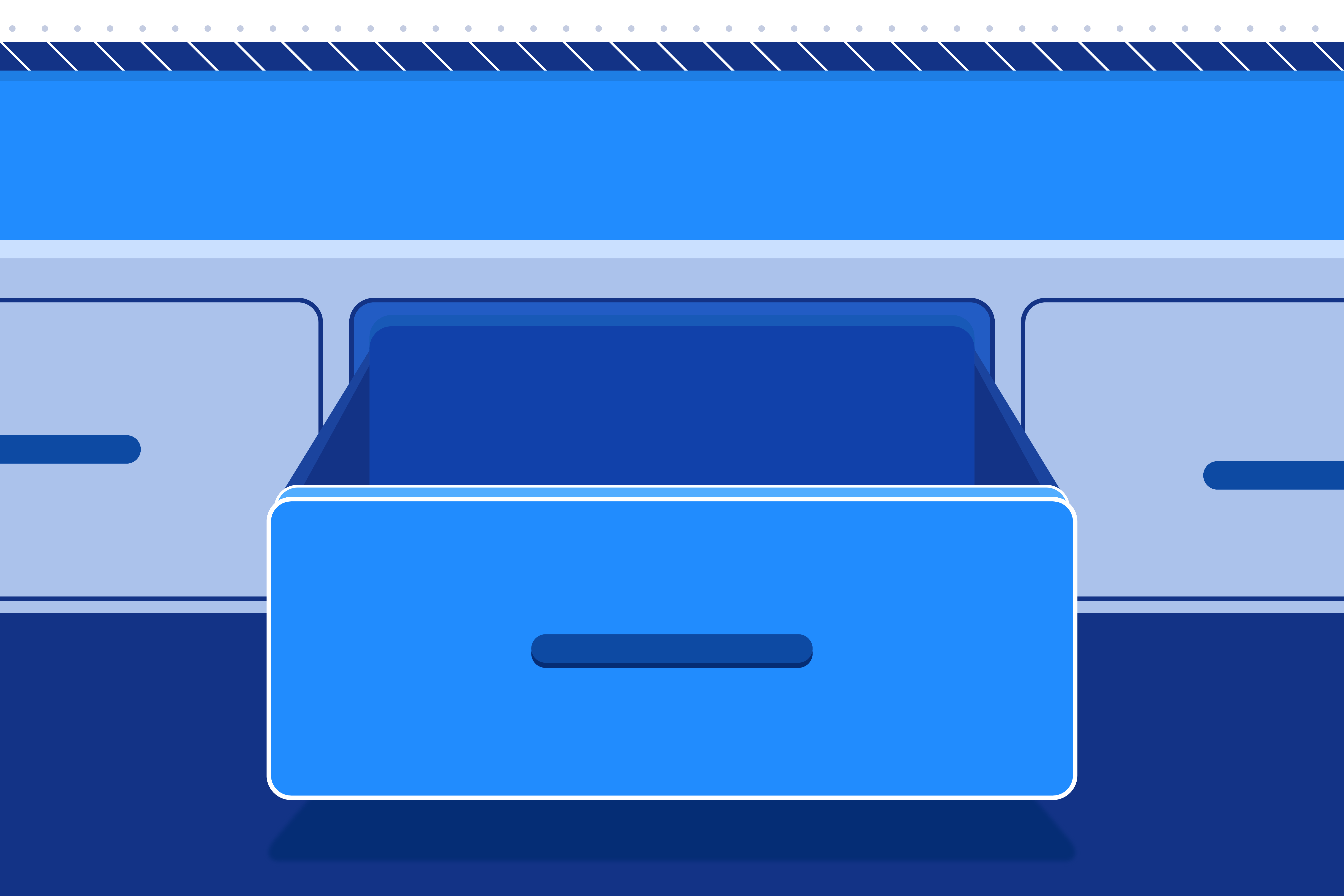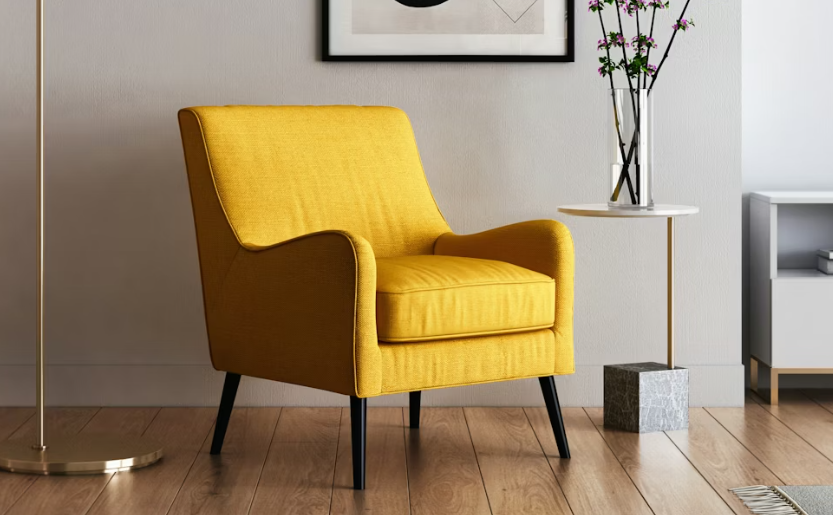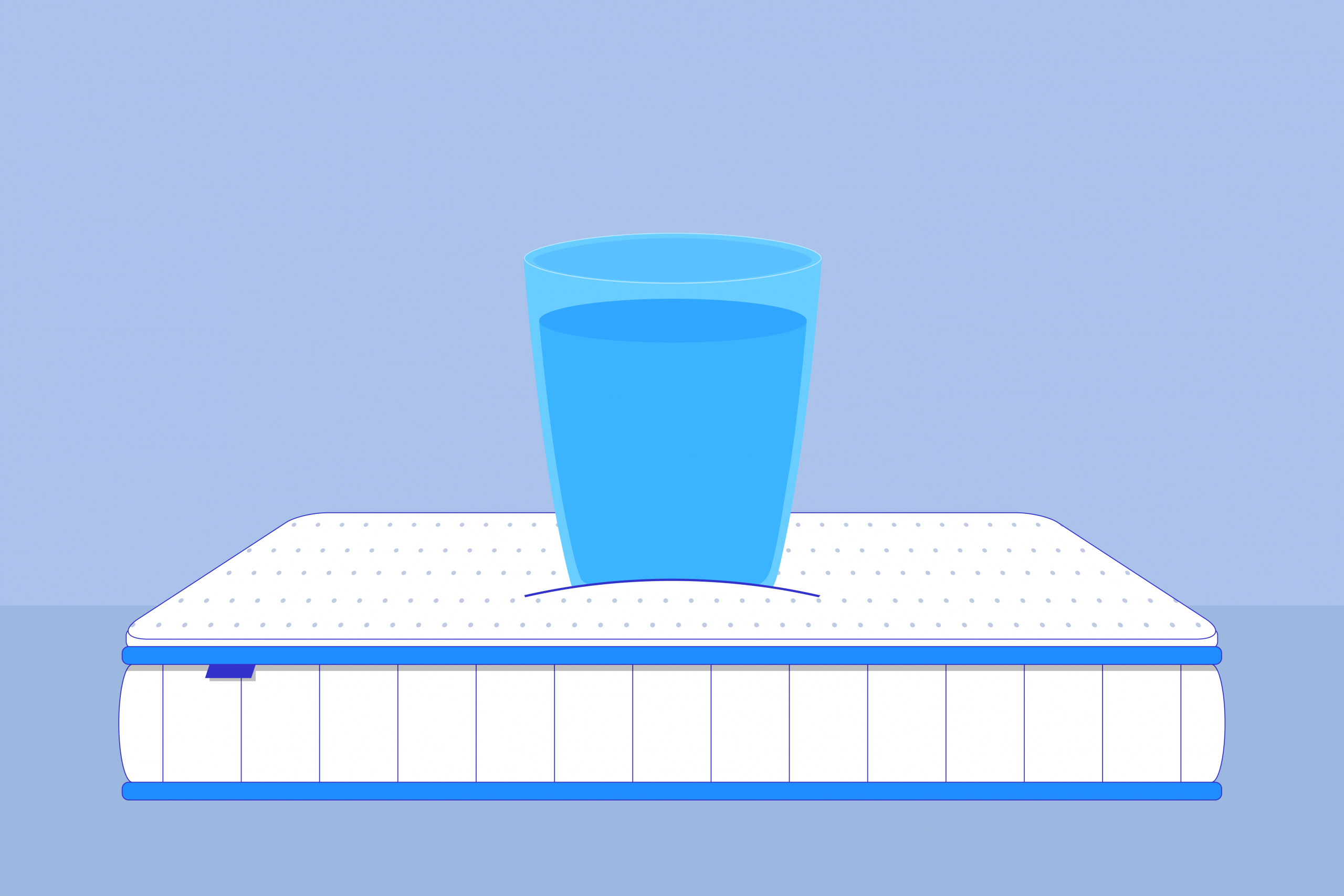Key Takeaways
- Start Small, Stay Motivated: Begin decluttering by focusing on easy-to-tackle areas like dirty clothes, old clothes, expired medications, and paperwork. Starting with these manageable tasks can boost motivation and provide a clear starting point for larger decluttering projects.
- Be Honest and Practical: When decluttering, be honest with yourself about which items you realistically need and use. Let go of sentimentality and focus on practicality and functionality. Sort items into categories like keep, donate, sell, or discard to streamline the decluttering process.
- Maximize Space and Minimize Clutter: Use smart storage solutions such as under-bed storage, vertical organizers, and multi-functional furniture to maximize space and keep clutter at bay. Maintain organization by regularly evaluating and decluttering your belongings to ensure a clean and peaceful bedroom environment.
Your bedroom should be a sanctuary, a place where you can relax, unwind, and recharge after a long day. However, it’s all too easy for this space to become cluttered and overwhelming, making it difficult to find peace and tranquility. If you’re looking to transform your bedroom into a haven of rest and relaxation, decluttering is the first step.
Decluttering your bedroom can seem like a daunting task, but it doesn’t have to be. By focusing on a few key areas and being honest with yourself about what you truly need and use, you can create a space that promotes better sleep, reduces stress, and enhances your overall well-being.
We’ll explore the most common bedroom clutter culprits and provide practical tips for tackling them. From old clothes and expired cosmetics to sentimental items and unused furniture, we’ll guide you through the decluttering process, helping you create a bedroom that is both functional and serene.
So, let’s dive in and start transforming your bedroom into the peaceful oasis you deserve.
Where To Begin: 11 Easy Items to Declutter
Sometimes you just need a clear point to start cleaning and your efforts will proceed more naturally from there. There are a few areas that shouldn’t take much time and thought to clear out, and should help bolster your motivation to tackle more difficult areas.
Dirty Clothes and Laundry Piles
Dirty clothes and laundry piles are major contributors to bedroom clutter. To maintain a clean and organized sleeping space, implement a system for managing laundry and minimizing visual chaos.
Designate a specific spot for dirty clothes, such as a laundry hamper or basket that complements your bedroom decor. Place it in an accessible location to keep dirty clothes out of sight and encourage household members to use it consistently.
Establish an efficient laundry routine by setting specific days for washing and sorting clothes by color or fabric type before laundering. This saves time during folding and putting away.
If your bedroom lacks storage space for all your clean clothes, use solutions like under-bed containers or vacuum-sealed bags to maximize floor space while keeping clothes organized. Or considering decluttering your wardrobe, as we discuss in our next step!
Old Clothes
Holding onto old clothes that no longer fit or are in poor condition lets these items take up valuable closet and drawer space. This clutter makes it challenging to organize your wardrobe and find the clothes you actually wear, especially if you have a bedroom without a closet and have to improvise other storage solutions.
When decluttering your bedroom, be honest with yourself about which clothes you realistically will wear again. Try on items that you haven’t worn in a while to see if they still fit comfortably and flatter your current body shape. If a piece of clothing is too tight, too loose, or no longer fits your personal style, it’s time to let it go.
In addition to clothes that don’t fit, it’s essential to evaluate the condition of your garments. Clothes with stains, holes, or excessive wear and tear should be removed from your wardrobe. Not only do these items clutter your closet, but they also detract from the overall appearance of your clothing collection.
As you sort through your old clothes, create designated piles for items to donate, sell, or discard. Donating gently used clothing to local charities or thrift stores can help those in need while also reducing waste. For higher-end or designer items, consider selling them through consignment shops or online marketplaces to recoup some of your investment.
Now, it can be emotionally challenging to part with clothes that hold sentimental value or remind you of a particular time in your life. However, keeping these items can prevent you from living in the present and making room for new experiences. If you struggle to let go of sentimental clothing, consider taking a photo of the item to preserve the memory before donating or discarding it.
Expired Medications and Cosmetics
These items not only take up valuable space but can also pose potential health risks if used past their expiration date. Medications can lose their potency or even become toxic over time, so it’s essential to dispose of them properly.
Check the expiration dates on all prescription and over-the-counter medications, and safely discard any that have expired. Remember, the flush list Verified Source U.S. Food & Drug Administration (FDA) Part of America’s Department of Health and Human Services and dedicated to providing accurate health information. View source for medications is limited, so you likely will have to take the bottles to a drug take back location. Verified Source U.S. Food & Drug Administration (FDA) Part of America’s Department of Health and Human Services and dedicated to providing accurate health information. View source . There’s also National Prescription Drug Take Back Day, held in Verified Source Centers for Disease Control and Prevention (CDC) The United States’ health protection agency that defends against dangers to health and safety. View source October and April.
Similarly, cosmetics like makeup, skincare products, and perfumes can harbor bacteria and degrade in quality once they’ve passed their prime. Mascara, for example, should be replaced every three months to avoid eye infections, while face creams and serums can last between 6-12 months, depending on the ingredients.
Take the time to sort through your cosmetics collection and products in your nightly skin routine. Toss out any items that have expired, changed in texture or smell, or haven’t been used in the past year. To further declutter, consolidate your remaining beauty products and store them in a designated area, such as a bathroom drawer or vanity.
By keeping only current, usable medications and cosmetics in your bedroom, you’ll not only free up space but also ensure that you’re using safe and effective products.
Old Receipts and Paperwork
Regularly go through your bedroom and gather any old receipts, bills, or paperwork that may have accumulated. Sort through these items and dispose of anything you no longer need, filing important documents in a designated space outside of your bedroom such as a cabinet or even a simple box.
Dispose of receipts that are more than 1 month old, unless needed for tax purposes or item returns. The IRS recommends in most cases keeping financial-related return documents for up to 7 years. However, they note insurance company or creditors may require you keep certain documents for longer than the IRS does.
Old Event Tickets and Memorabilia
While it’s nice to hold onto memories from special events, such as concerts or sporting games, these items can quickly accumulate and create clutter. Consider displaying a select few mementos and storing the rest in a scrapbook or memory box outside of your bedroom.
If you have other souvenirs from the event, you may want to just toss old tickets and programs.
Dead Plants
While plants can add life, color, and vitality to a bedroom, neglected or deceased plants can have the opposite effect, creating a sense of clutter and neglect.
As you assess your bedroom for items to remove, take a critical look at any plants you have in the space. Remove any plants that have been dead for more than a week or that show no signs of recovery.
How do you know if it’s beyond recovery? If a plant is beyond revival, with crisp, brown leaves or a dry, brittle stem, it’s time to discard it. Dead plants not only contribute to visual clutter but can also harbor pests and allow mold in the bedroom.
When removing dead plants, be sure to dispose of them properly. Remove the plant from its pot, shake off any excess soil, and place the plant material in your compost bin or dispose of it in your regular trash. Clean the pot thoroughly before reusing it or donating it to a local garden center or thrift store.
While it’s important to remove dead plants from your bedroom, it’s equally important to recognize the benefits of incorporating fresh, healthy plants into your sleeping space. Many bedroom plants can improve air quality, reduce stress and anxiety, and even contribute to a better night’s sleep.
Stacks of Spare Linens
Limit the number of extra linens, such as sheets and towels, that you store in your bedroom. Keep only what you need for regular use (we recommend a single change of bed clothes) and store the extra bedding in a linen closet or other spare room.
Seasonal bedding such as duvets and comforters can also be kept out of the bedroom in warmer weather. Lastly, as you move your bedding, take a good look and make sure each piece is in good or repairable condition.
If you don’t have the time or skills to fix a sheet with a hole in it, for example, it’s time to let it go, as we discuss in the next section.
Old Bedding
Toss out stained, ripped, or worn-out sheets, old pillows, and blankets. Keep only the bedding you actively use and love.
Alternatively, you can repurpose old sheets and bedding into various home items, from drop cloths and dog toys to bags and place mats. However, it’s essential to get the jump on these projects quickly, rather than procrastinating and letting the items continue to take up space in your home.
Broken or Unused Electronics
In the modern bedroom, it’s common to find an assortment of electronics, from old smartphones and laptops to broken chargers and tangled cords. These items can quickly accumulate, contributing to clutter and taking up valuable space in your bedroom.
When decluttering your sleeping space, take a thorough inventory of all the electronics in the room. Identify any broken or damaged items, such as frayed charging cables, cracked phone screens, or malfunctioning laptops. These broken electronics not only add to the visual clutter but also pose potential safety hazards. Take note also of older electronics that are no longer used.
Safely dispose of any broken electronics that cannot be repaired. Check with your local waste management company or electronics store for information on how to properly recycle these items. Many communities offer e-waste recycling programs that ensure these items are disposed of in an environmentally friendly manner.
For the electronics you choose to keep in your bedroom, create a designated storage space to keep them organized and out of sight. Use cable ties or cord organizers to keep wires tidy and prevent tangling. Store smaller items, like chargers and headphones, in a dedicated drawer or storage box to keep them easily accessible but out of view.
Food and Snacks
Keeping food items and snacks in the bedroom can attract pests, contribute to clutter, and create an unhygienic environment. Eating in bed can also lead to crumbs and spills that create messes and let bacteria in bed flourish.
To maintain a clean and peaceful bedroom, designate the kitchen or dining area for eating and snacking. Avoid the temptation of conveniences like a bedroom mini fridge.
If you do enjoy the occasional bedroom snack, be sure to clean up thoroughly afterwards and remove any food packaging or remnants from the space.
Excess Seasonal Decor
Seasonal decorations can add a festive touch to the bedroom. However, it’s important to be mindful of the amount of decor being stored in the space.
After each holiday season, take the time to sort through your decorations, keeping only the items that you truly love and use regularly. Store the rest in a designated area outside of the bedroom, such as a closet or garage.
Stepping It Up: 12 More Items to Declutter
These items may be a bit more difficult to get rid of, as you’re attached to them or able to justify a future use for them. For example, you might tell yourself you’ll reread a book in the future, even if it wasn’t one you particularly loved.
Try to carry the momentum from the previous tier of stuff to declutter here, letting yourself be honest and true about what you really need to keep.
Old Books and Magazines
Books and magazines can add to the cozy, intellectual atmosphere of a bedroom, but when they start to pile up and collect dust, they can quickly become a source of clutter. So take a critical look at your book and magazine collections.
Start by removing any books that you’ve already read and don’t plan on revisiting. Donate these books to local libraries, schools, or charities, where they can be enjoyed by others. If you have books that are in poor condition or are no longer relevant to your interests, consider recycling them instead.
For magazines, go through your collection and remove any issues that are more than a few months old. Recycle these outdated magazines, or consider donating them to local schools or art programs, where they can be used for collages or other creative projects.
If you have a collection that you want to keep but don’t necessarily need to store books in your bedroom, consider relocating them to a dedicated library or reading nook elsewhere in your home.
Exercise Equipment
Exercise equipment, such as treadmills, weights, and yoga mats, can quickly take over a bedroom, making it feel cluttered and less conducive to relaxation. While having exercise equipment readily available may seem like a good idea for staying motivated, it’s important to consider whether your bedroom is the best place for these items.
If you find that your exercise equipment is mostly collecting dust or being used as a makeshift clothes rack, it’s time to reevaluate its place in your bedroom. Relocating these items to a dedicated home gym or another room in your house can help create a clearer separation between your sleeping space and your workout area.
For those with limited space, consider investing in compact or foldable exercise equipment that can be easily stored away when not in use. Resistance bands, adjustable dumbbells, and foldable yoga mats are great options for those looking to maintain a fitness routine without sacrificing bedroom space.
Candles You Never Burn
Candles can add a warm, inviting ambiance to a bedroom, but if you have bedroom candles that you never burn, they can quickly become a source of clutter. Take a look at your candle collection and identify any candles that have been sitting unused for months or even years.
If you have candles that you no longer enjoy the scent of or that no longer fit your bedroom’s decor, consider donating them to a local charity or thrift store. Many organizations accept gently used candles, and your unused candles can bring light and warmth to someone else’s home. Completely unused candles can be given as gifts to loved ones.
If you have candles that are partially burned or have lost their scent, consider repurposing them in creative ways. Melt down the remaining wax and use it to create new candles or wax melts, or use the empty candle jars as small storage containers for jewelry or other small items.
Unused Furniture
Unused furniture can quickly make a bedroom feel cluttered and cramped. As you assess your bedroom, consider removing any furniture pieces that you haven’t used in the past six months or that serve no practical purpose.
This may include extra chairs, side tables, or even a large armoire that is no longer needed. If you have furniture that is taking up valuable floor space but not providing any real function, it’s time to let it go.
Consider donating these unused furniture items to local charities or thrift stores, or sell them online to someone who may have a use for them.
Excessive Decorative Pillows
While arranging pillows on the bed can add a cozy and stylish touch, having too many can quickly become a source of clutter. Limit your decorative pillows to a maximum of 2-3 per bed, and remove any that are rarely used or take up too much space.
If you have decorative pillows that you love but don’t use on your bed, consider repurposing them elsewhere in your home, such as on a living room sofa or in a reading nook.
Unused Jewelry and Accessories
Jewelry and accessories can add a personal touch to your bedroom, but when they start to accumulate and go unused, they can quickly become a source of clutter. As you declutter your bedroom, take a critical look at your jewelry and accessory collection.
Remove any pieces that you haven’t worn in the past year or that no longer fit your personal style. Donate these items to local charities or sell them online to someone who will appreciate them.
For the jewelry and accessories you choose to keep, invest in a dedicated storage solution, such as a jewelry box or hanging organizer. This will help keep your pieces organized and easily accessible, while also reducing clutter in your bedroom.
Old Luggage and Travel Items
Luggage and travel accessories can take up valuable space in your bedroom, especially if they are not being used regularly. As you declutter your bedroom, consider removing any luggage or travel items that you haven’t used in the past six months.
Store these items in a closet outside of your bedroom, such as a hall closet or garage. This will help keep your bedroom clutter-free while still allowing you to easily access your luggage when needed.
Pet Beds and Toys
While it may be tempting to let your furry friends share your bedroom space, pet beds and toys can quickly contribute to clutter and odors. As you declutter your bedroom, consider removing any pet items that are rarely used or that are taking up valuable floor space.
Relocate your pet’s bed and toys to a dedicated pet area elsewhere in your home, such as a living room or laundry room. This will help keep your bedroom clutter-free and free of pet odors, while still providing your pet with a comfortable space to call their own.
Unused Musical Instruments
Musical instruments can be a source of joy and creative expression. But when left unused in the bedroom, they can take up valuable space and contribute to clutter.
If you have musical instruments that you no longer play or have no intention of playing in the near future, consider selling them, donating them to a school or music program, or storing them away from the bedroom.
Screens in the Bedroom
While it may be tempting to have a a computer or television in the bedroom, they can be detrimental to sleep quality and contribute to a sense of clutter. The light emitted by screens can interfere with the body’s natural sleep-wake cycle, making it harder to fall asleep and achieve restful sleep. Furthermore, screens can create a mental association between the bedroom and wakefulness, rather than relaxation.
Consider removing televisions, computers, and other screens from the bedroom to create a more peaceful environment conducive to sleep. If you can, try to avoid using your phone before bed by shutting it down an hour before your bedtime.
Work-Related Items
Keeping paperwork, a file cabinet, a desk and other work-related items in the bedroom can make it difficult to mentally separate work from rest, leading to increased stress and difficulty relaxing.
Move your work things out of the bedroom to a home office or another free space. This separation helps to create a clear boundary between work and personal life, allowing the bedroom to remain a sanctuary for rest and rejuvenation.
Excessive Wall Decor
While wall decor can add personality and style to a bedroom, having too many items on the walls can create visual clutter and make the space feel overwhelming.
Be selective when choosing wall decor, opting for a few meaningful pieces that bring you joy and complement your overall aesthetic. Avoid filling every available space on the walls, as this can detract from the restful atmosphere of the bedroom.
Declutter Your Bedside Table
Bedside tables often become a catch-all for small items, leading to visual clutter. To declutter, remove everything from the table and thoughtfully sort through each item. Keep only the nightstand essentials that contribute to a peaceful sleep environment, such as a lamp, book, or alarm clock.
Maintain organization by using small storage solutions like trays or containers to corral items like hand creams, tissues, jewelry, or charging cables. This prevents items from spreading out and creating a messy appearance.
Some organization experts even recommend getting rid of a nightstand entirely. Instead, they suggest using floating shelves and wall-mounted bedroom lighting.
Maximizing Storage Space
By implementing smart solutions and organization strategies, you can make the most of your limited space and maintain a tidy environment.
Use Under Bed Storage
Take advantage of the space under your bed by using storage containers designed to fit beneath your bed frame. This area is perfect for storing extra bedding, seasonal clothing, or infrequently used items, freeing up closet and dresser space while keeping your belongings easily accessible.
Maximize Closet Space
Your closet plays a crucial role in keeping your bedroom organized. After decluttering, maximize the available space with vertical storage solutions like hanging organizers for shoes, bags, or accessories. Use closet dividers to separate clothing types and create a neat, organized display.
Organize Dresser Drawers
Prevent dresser drawers from becoming a catchall for miscellaneous items by decluttering and categorizing their contents. Drawer dividers or organizers can help keep everything in its proper place, improving the appearance of your bedroom and making it easier to find what you need.
Explore Innovative Storage Solutions
For bedrooms with limited space, consider multi-functional furniture pieces that provide both storage and style, such as ottomans with built-in compartments or bed frames with integrated drawers. Wall-mounted or floating shelves can also help maximize vertical space while adding a decorative touch.
Letting Go of Sentimental Items
Decluttering your bedroom can be challenging, especially when it comes to sentimental items and excess belongings. Adopting a minimalist approach is crucial for creating a peaceful and organized space that positively impacts your well-being.
While sentimental items hold special memories, keeping too many can lead to a cluttered bedroom. Instead of holding onto every object, choose a few meaningful items that truly bring you joy and find creative ways to display or store them.
Evaluate each item in your bedroom, considering its practical purpose and emotional value. Letting go of unnecessary items frees up space and reduces feelings of overwhelm.
Embracing the Emotional Aspect of Decluttering
Decluttering involves addressing the emotional aspects of letting go. Acknowledge and honor the mixed emotions that may arise when parting with sentimental items. Remember that your memories reside within you, not the physical objects.
Set aside dedicated time to sort through your belongings, taking it one step at a time. If an item is particularly meaningful, consider preserving the memory through a photograph.
You may also want to say goodbye and express your thanks for the memories the item provided. Allowing yourself this small moment to mourn can ultimately make it easier to let go.
Focus on the mental health benefits of a minimalist approach, such as reduced stress and improved sleep. A clutter-free bedroom creates a nurturing environment for rest and relaxation.
Finding a balance between cherished sentimental items and letting go of excess is a personal journey. By being mindful of what truly enhances your space and well-being, you can create a decluttered and serene sanctuary.
Frequently Asked Questions
What to remove from your bedroom?
When decluttering, look for items that no longer serve a purpose or bring you joy. An easy place to start is clothes that no longer fit or that you haven’t worn in a long time, as they take up valuable space in your closet and drawers.
Remove any broken or damaged items, such as old electronics, torn bedding, or worn-out shoes, as they can create a sense of disorganization and clutter in your bedroom. Some would even argue against keeping shoes in the bedroom entirely, as the soles can track in dirt, allergens, and irritants.
Finally, consider getting rid of any decorative items that no longer align with your personal style or that you no longer find aesthetically pleasing. Your bedroom should be a relaxing and comfortable space that reflects your personality and taste.
How do you clean a bedroom when overwhelmed?
The key is to be kind to yourself and approach the task one step at a time. Start by breaking it down into smaller, more manageable chunks. Focus on just one area of the room at first, like the floor or your dresser, and sort through the items there. Create separate piles for things you want to keep, donate, or throw away, and don’t worry about tackling everything at once.
Once you’ve made some progress with decluttering, take a moment to appreciate your hard work. Then, move on to dusting surfaces, vacuuming or sweeping the floor, and putting fresh sheets on your bed. Remember, it’s okay to take breaks when you need them, and don’t hesitate to ask for help from friends or family if the task feels too daunting. With a little patience and self-compassion, you’ll have a clean, refreshed bedroom in no time.
What should I keep in a bedroom?
When deciding what to keep, focus on items that promote relaxation, comfort, and functionality. Essential items include a comfortable bed with quality bedding, such as sheets, pillows, and blankets that suit your preferences and promote a good night’s sleep.
Keep a nightstand or bedside table to hold essential items like a lamp, books, or a glass of water. Don’t forget storage solutions like dressers, shelves, or a closet organizer to keep your clothes and personal items neatly organized and easily accessible.
How long does it take to declutter a bedroom?
The time it takes to declutter a bedroom depends on various factors, such as the size of the room, the amount of clutter, and a person’s focus and decision-making speed. On average, it can take anywhere from a few hours to a few days to thoroughly declutter a bedroom.
Breaking the task into smaller, focused sessions of 30 minutes to an hour can make the process more manageable and less daunting.
What should I remove first when decluttering?
Start by removing any obvious trash or broken items that can be easily disposed of, such as old magazines, empty product containers, expired cosmetics, or damaged clothing.
Next, focus on removing items that you no longer use or wear, such as clothes that no longer fit, out-of-style accessories, or extra bedding that you don’t need. These items can be donated, sold, or given to friends or family members who may have a use for them.
By removing these larger, unwanted items first, you’ll create more space and motivation to tackle the smaller, more sentimental items that may require more time and consideration. It gives you a wave of momentum to ride when on your decluttering journey.
How to declutter a bedroom quickly?
Start by setting a timer or alarm clock for a specific duration, such as 30 minutes or an hour, to stay focused and motivated. Begin by removing any trash or obvious items that no longer serve a purpose. Then, sort remaining items into designated piles or boxes labeled keep, donate, store, or discard.
Avoid getting sidetracked by sentimental items, and make swift decisions based on whether the item has been used recently or brings joy. Once sorting is complete, put the “keep” items back in their designated places and remove the donate and discard piles from the room.
Conclusion
Decluttering your bedroom is a journey, one that requires patience, honesty, and a willingness to let go of items that no longer serve you. By following the tips and strategies outlined in this article, you can transform your bedroom into a clutter-free haven that promotes better sleep, reduces stress, and enhances your overall well-being.
Remember, decluttering is not a one-time event, but rather an ongoing process. As you continue to evaluate your belongings and make mindful choices about what to keep and what to let go, you’ll find that your bedroom becomes a true sanctuary, a place where you can relax, recharge, and escape the stresses of daily life.
Embrace the power of a minimalist approach, focusing on quality over quantity and surrounding yourself with items that truly bring you joy and comfort. By creating a clutter-free bedroom, you’re not just improving your physical space, but also nurturing your mental and emotional well-being.
So, take a deep breath, start small, and trust in the process. With each item you declutter, you’ll be one step closer to the peaceful, restful bedroom of your dreams. Happy decluttering!
About the author
Geoff McKinnen is a writer focusing mainly on the healthcare industry and has written articles on everything from foods to help you lose weight to the connection between Alzheimer’s and sleep. Geoff’s passionate about helping readers improve their well-being to lead happier lives. Outside of work, Geoff enjoys cycling and hiking and believes that by leading a healthy lifestyle, he can help others do the same.
View all posts





